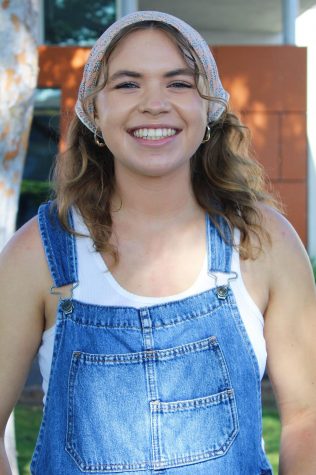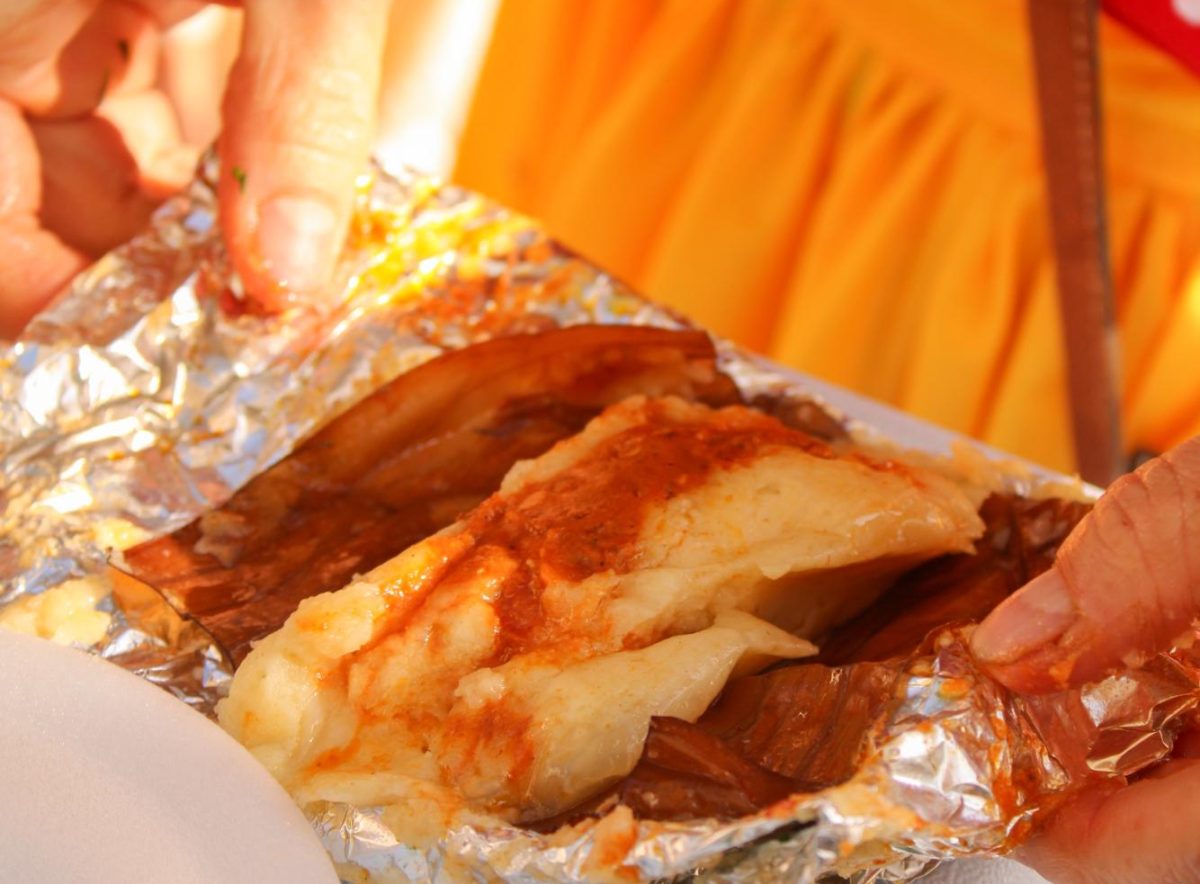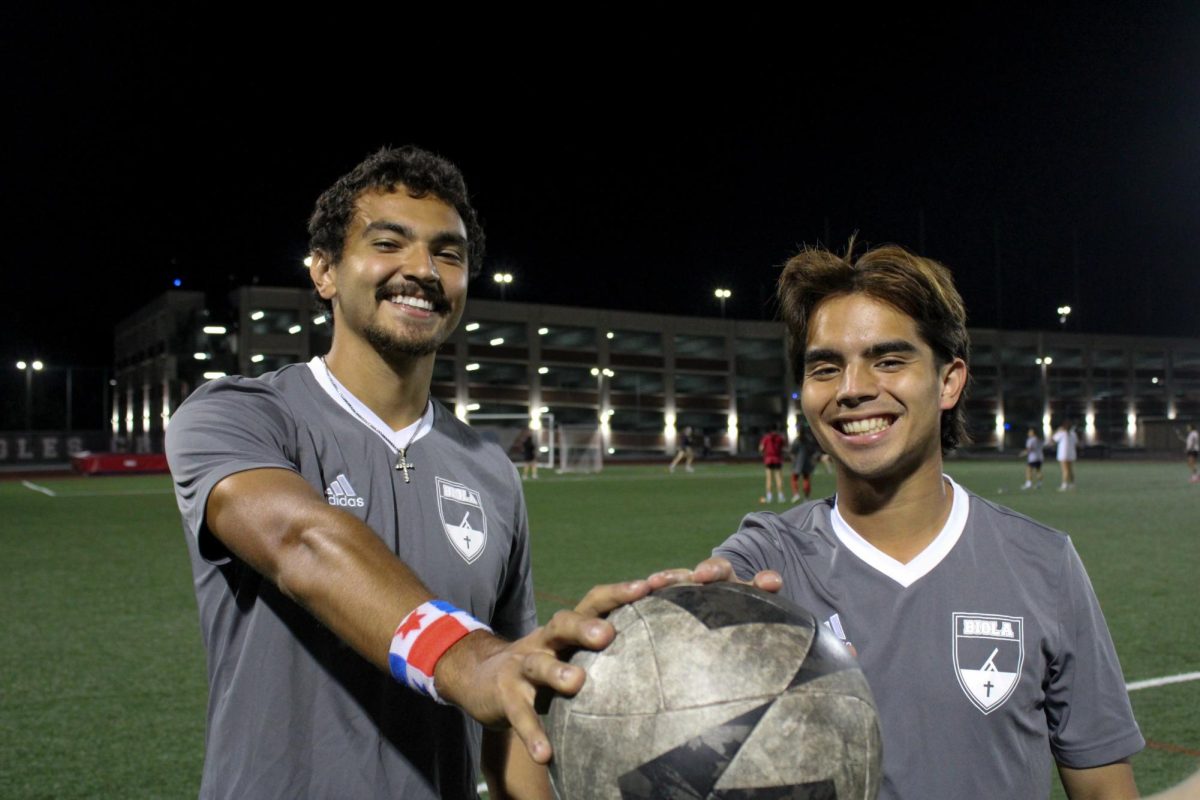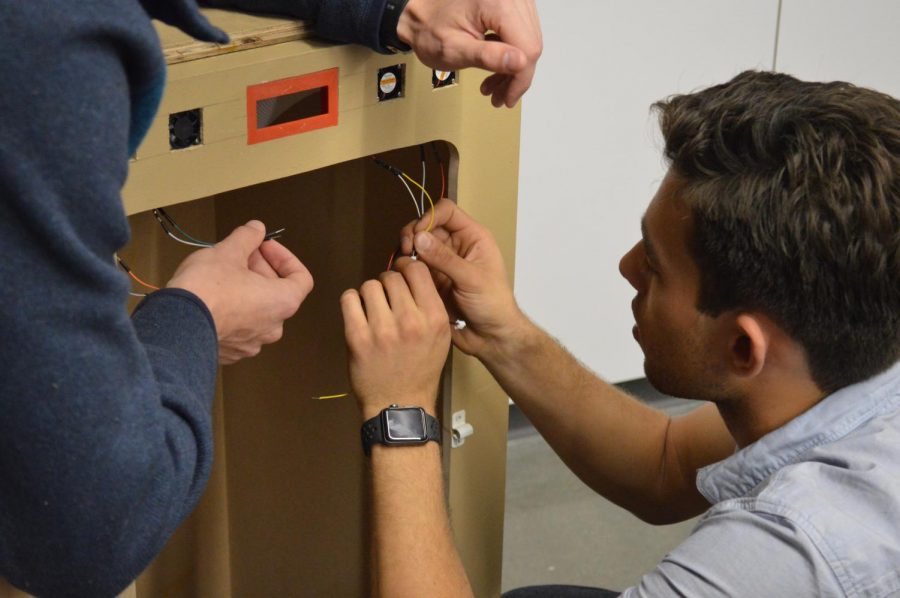(This story was originally published in print on Feb. 20, 2020).
DANGER OF ANONYMITY
When I was in high school, I was sitting in my freshman English class when a student decided to catapult a paperclip into the back of our substitute teacher’s head. The substitute felt the bald patch where the paperclip hit its target and furiously asked, “Who threw that? Who was that?” In order to get the information out the tight-lipped students who did not want to be labeled “snitches,” he resorted to making us write the name of the culprit on a sticky note—anonymously. The student who threw the paperclip wrote his own name on the Post-it and took blame for the incident.
Looking back at the situation, I wonder why the student felt more comfortable telling the truth when his name was not on blast for everyone to see. However, many of us—even in college—feel that we can be more honest when we share anonymously. At Biola, we have made anonymous social media posts our Post-it notes, where we can share inside jokes and talk about peers without feeling exposed. However, this is not constructive conversation and problem-solving for young adults.
Though posting about a girl that you thought was cute or making a joke about an awkward conversation you overheard in the Caf may not seem hurtful in itself, talking about another person via social media discourages accountability for your words. Anonymous social media accounts foster a non-confrontational and passive culture at Biola that limits constructive communication and problem solving.
Read more “Anonymous social media creates community.”
NON-CONFRONTATIONAL CULTURE
Almost every day at Biola, I hear someone complain about how she wished that if a boy liked her, then he would just say how he feels. However, this is not just a problem with the dating culture at Biola—it happens in classes, at work and with friends. Students feel uncomfortable talking to a teacher about their grades, or their employer about problems with their paycheck or their friends about conflict.
Learning how to deal with confrontation and discussing problems with others is an essential part of becoming an adult and functioning well after college. In a podcast interview with Focus on the Family, author Deborah Smith Pegues claimed that confrontation has much to do with using discussions to learn temperance and wisdom with our words to restore relational unity and connection. However, anonymous social media accounts at Biola allow students to complain, with no actual confrontation or growth in navigating issues and relationships.
Instead of complaining about a “toxic dating culture,” perhaps we should consider the non-confrontational culture that anonymous social media accounts encourage at Biola. Though the accounts give the opportunity to present a problem or their feelings about another person, these issues or feelings should be brought face-to-face in conversation to constructively solve problems and learn communicative skills that are crucial to relationships now and after college.
COMFORTABLE WITH THE INCONSIDERATE
@biiola_tea has a history of using inconsiderate jokes—not taking into consideration how their words will impact others. The account was temporarily taken down after posting a racist meme responding to the coronavirus. The meme depicted a disgusted Scarlett Johansson beneath the words “Asian Kid: Sneezes.”
However, the issue with anonymity is that creators of offensive content now have a platform where they are hidden from scrutiny and feel comfortable sharing inconsiderate jokes and gossip about peers, faculty and the university. Because there is no accountability, anonymous pages are comfortable sharing information with little to no thought about how this will negatively impact others. As a university that is supposed to represent Christ, when we joke about others anonymously, we contradict what we stand for as people and as a university.
WHAT NOW?
I am not asking for all anonymous social media accounts to be taken down. However, anonymous social media accounts should not be the primary avenue for students to talk about their peers, as this fosters dysfunctional conversational abilities. Anonymous social media accounts hinder the ability to build on the necessary skills to confront others and take accountability for the words that we choose to use.
Ephesians 4:29 says, “Let no corrupting talk come out of your mouths, but only such as is good for building up, as fits the occasion, that it may give grace to those who hear.” Rather than supporting Instagram pages that spread anonymous gossip, we must understand that words have the power to build people up and tear them down. Therefore, if our words and actions do not reflect the love that Christ showed us, then we must practice temperance and self-control in order to better love those around us.
















